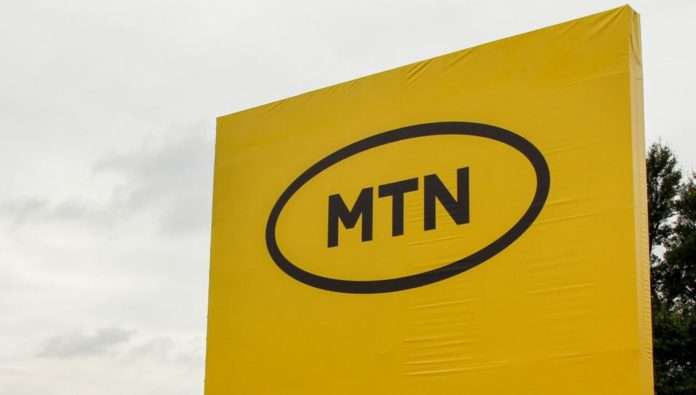South Africa’s leading mobile network operator MTN has allegedly refused to say whether it has reported millions in fraudulent transactions and airtime theft on its network, according to MyBroadband.
In the last fifteen years, large amounts of airtime have been reportedly stolen from MTN subscribers through fraudulent subscriptions.
Numerous investigations showed that wireless application service providers (WASPs), known as value-added service providers in Ghana fraudulently subscribed MTN users to services without permission.
The mobile network operator also confirmed that customers were fraudulently subscribed to MTN’s own internal content.
Fraudulent subscriptions became so prevalent that MTN suspended all “off-deck” campaigns with its partners and started to enforce fraud protection systems.
Although MTN confirmed the fraud on its network, it claimed none of its WASP/VAS partners had been the actual perpetrators of stolen airtime from its customers.
Ask whether they disclosed airtime theft and fraud on its network in its financial results, MTN refused to answer the question. When it was also prompted on whether it disclosed the fraud, the company again would not answer the question.
MTN’s annual reports also show no evidence that MTN has ever disclosed the fraud.
It appears like concealing information or even outright deceiving shareholders is becoming quite the norm among mobile network operators in South Africa.
Last week, Vodacom was accused of inflating the subscriber numbers of its Video Play streaming service which has since been unceremoniously discontinued.
This week, Vodacom was also accused of doing the same thing MTN did—failing to disclose fraud on its network.
In Nigeria, years ago, there were media reports of a customer who actually sued MTN and won 5 million naira because MTN was found guilty of airtime theft with respect to unsolicited caller tunes, otherwise known as caller ring back tones (CRBT).
A Caller Tune is the song or voice note people hear when they call another person’s phone, instead of hearing the regular ringtone. The telcos and their VAS providers charge for that service so they need the subscriber’s consent to sign them on and bill them, but they don’t and they steal subscribers airtime for it. This is happening in Ghana as well.
Ghana – #StopTheAirtimeLoot
In Ghana, this kind of fraud, which has become popularly known as airtime loot is awash across the three main telecom operators, MTN, Vodafone and AirtelTigo.
It took Techgh24 to expose the fraud to Ghanaians in a spirit campaign dubbed #StopTheAirtimeLoot.
Each of the telcos work with supposed VAS providers who criminally sign on subscribers to paid services and steal their airtime/money with the subscribers’ consent.
Because the telcos get to keep a lions share (up to 80%) of the stolen airtime/money, they seem less concerned about protecting their subscribers against such fraudulent VAS providers.
MTN may have denied wrongdoing by its VAS providers in South Africa, but in Ghana there is hard evidence to show its VAS providers sign on subscribers without their consent and all the evidence have been provided to MTN and to the National Communications Authority (NCA).
As in the case of South Africa, some of the unwanted services subscribers are fraudulently signed on to are actual imbedded in MTN’s mobile apps, and some of the signs on actually point to the involvement of MTN staff who aid the VAS providers.
NCA’s Loud Silence
Unfortunately, even though there is enough evidence to show that NCA’s Code of Conduct on Unsolicited Electronic Communication Act have been and are being blatantly violated by the telcos and their VAS partners, NCA itself does not seem interested in cracking the whip after issuing a cosmetic directive for the fraud to stop.
Since it issued the directive, several complaints with evidence have been provided to the NCA but the regulator does not seem interested in applying its own rules.
Till date, some Ghanaians remain signed on to fraudulent services and their airtime are being stolen, not because they are benefitting from those services but simply because they are ignorant of the loot and how to break free.
Below is a flyer showing how to find and deactivate looting subscriptions:

